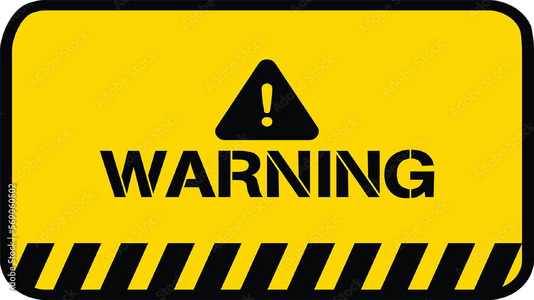Hocho
Statistics
Other Uses
| Resale Price: ~4,284 gil |
How to Obtain
Auction House Category: Weapons > Katana ![]()
Dropped by
| Name | Level | Zone |
|---|---|---|
| Sozu Sarberry (NM) | 66 | Temple of Uggalepih |
Derivations
Oroshi hocho (Japanese: "wholesale knife") and hancho hocho ("half-tool knife") are extremely long, highly specialized knives used in Japan to fillet tuna and other large fish.
The oroshi hocho is the longer blade with a blade length of 150 cm (60 inches) in addition to a 30 cm (12 inch) handle, and can fillet a tuna in a single cut, although usually two to three people are needed to handle the knife and the tuna. The flexible blade is curved to the shape of the spine to minimize the amount of meat remaining on the tuna chassis. The hancho hocho is the shorter blade with a length of around 100 cm (39 inches) in addition to the handle. The hancho hocho is also sometimes called a maguro kiri ("tuna-cutter").
They are commonly found at wholesale fish markets in Japan, the largest of which is the Tsukiji fish market in Tokyo. They may also be found at very large restaurants, but they are not found in the regular Japanese kitchen, unless there is a frequent need to fillet tuna with a weight of 200 kg (440 pounds) or more. To those unfamiliar with Japanese knives they may be confused with Japanese swords, however, they are not a weapon, but only a tool, although they have been used as weapons by yakuza.
Hocho may also be a reference to the "Hōchō" Masamune", which refers to any one of three particular and unusual tantō attributed to Masamune. These tanto have a wide body, unlike his normal slim and elegant work, making them appear quite similar to a Japanese Chef's knife, or in other words, a kitchen knife (a hōchō or bōchō). One of the three blades has a Gomabashi in cutout (Sukashi). It was restored around 1919 and sold for approximately 10 Hiki which was worth around 14¢ US at the time. Even taking inflation into account the price is still amazingly low. It is presently on display in the Tokugawa Art Museum.


